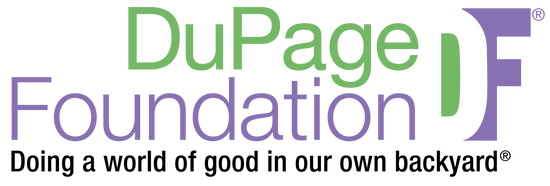
By Nick De Jong, CPA, CFP, and Kevin Phillips, CFP, of Savant Capital Management
Now that the dust has settled a bit from the new tax law and most 2017 tax returns are filed, it’s time to talk about tax planning strategies for 2018. There certainly are a number of changes packed into the latest legislation; however, we will be focusing on the new, increased standard deduction and how that will impact your charitable donations.
For a married couple whose old standard deduction was $12,700, the new, increased deduction will now be $24,000. A single taxpayer whose old standard deduction was $6,350 will now have a standard deduction of $12,000. The additional deductions for those over age 65 and for blind persons remain intact.
What does this mean for your charitable donations? In order to itemize, you first need to have a total amount of deductions in excess of the standard deduction. There are new limitations on the deductibility of state and local taxes as well as mortgage interest. Miscellaneous deductions in excess of 2% of adjusted gross income are no longer deductible. Some taxpayers who are accustomed to itemizing their deductions may now be taking the standard deduction.
Let’s use the married filing joint scenario of a $24,000 standard deduction. Here, a couple would need to have itemized deductions that add up to more than $24,000 in order to benefit from itemizing.
With the aforementioned limits that are now in place, one of the strategies to increase your itemized deductions is to increase your charitable contributions. If your planned annual charitable donation level is not enough to meet the $24,000 threshold, consider alternating years of large donations with years of more modest donations. This can be done by making your contributions to a Donor-Advised Fund (DAF) through a sponsor organization, such as the DuPage Foundation, in order to get the up-front tax deduction for donations that can be sent to the charities you designate over a period of years.
By contributing to a DAF, you can get a larger deduction now, while allowing the funds in the DAF to grow and then decide which charitable organizations you want to support later. Some families even make it a holiday tradition whereby the parents gather with their children to decide which charities they want to support each year from the DAF. Just be sure the organization is a qualified, 501(c)(3) organization (this can be verified on the IRS website).
Donating appreciated investments held for at least one year can be a tax-efficient way to fund your DAF. If you are more inclined to donate cash to charities, the new tax law has increased the deductible amount to 60% of your adjusted gross income (up from 50%). The limitation for donating appreciated property remains at 30% of your adjusted gross income with a five-year carry-over provision.
Lastly, if you are retired and are more than 70½ years old, you may want to consider donating to a charity directly from your IRA using the IRA Charitable Rollover. A donation directly from your IRA would allow you (and your spouse, each, if married) to decrease your taxable income and fulfill part (or all) of your required minimum distribution for the year. The limit is up to $100,000 per person; however, you would not be able to also take a deduction for the contribution (i.e., no double-dipping). Keep in mind that you may not have been able to benefit from an itemized deduction anyway, due to the new higher standard deduction. Unfortunately, the IRA Charitable Rollover does not allow for gifts to DAFs but does apply to any qualified 501(c)(3) charity and to most other types of Foundation funds.
For more information about how you can give through the Foundation to make a difference for the causes that matter most to you, please contact Michael Sitrick, vice president for advancement, at mike@dupagefoundation.org or 630.598.5285.
Kevin Phillips is a member of the Foundation’s Investment Committee, and both he and Nick De Jong are members of the Foundation’s Next Generation Initiative.

